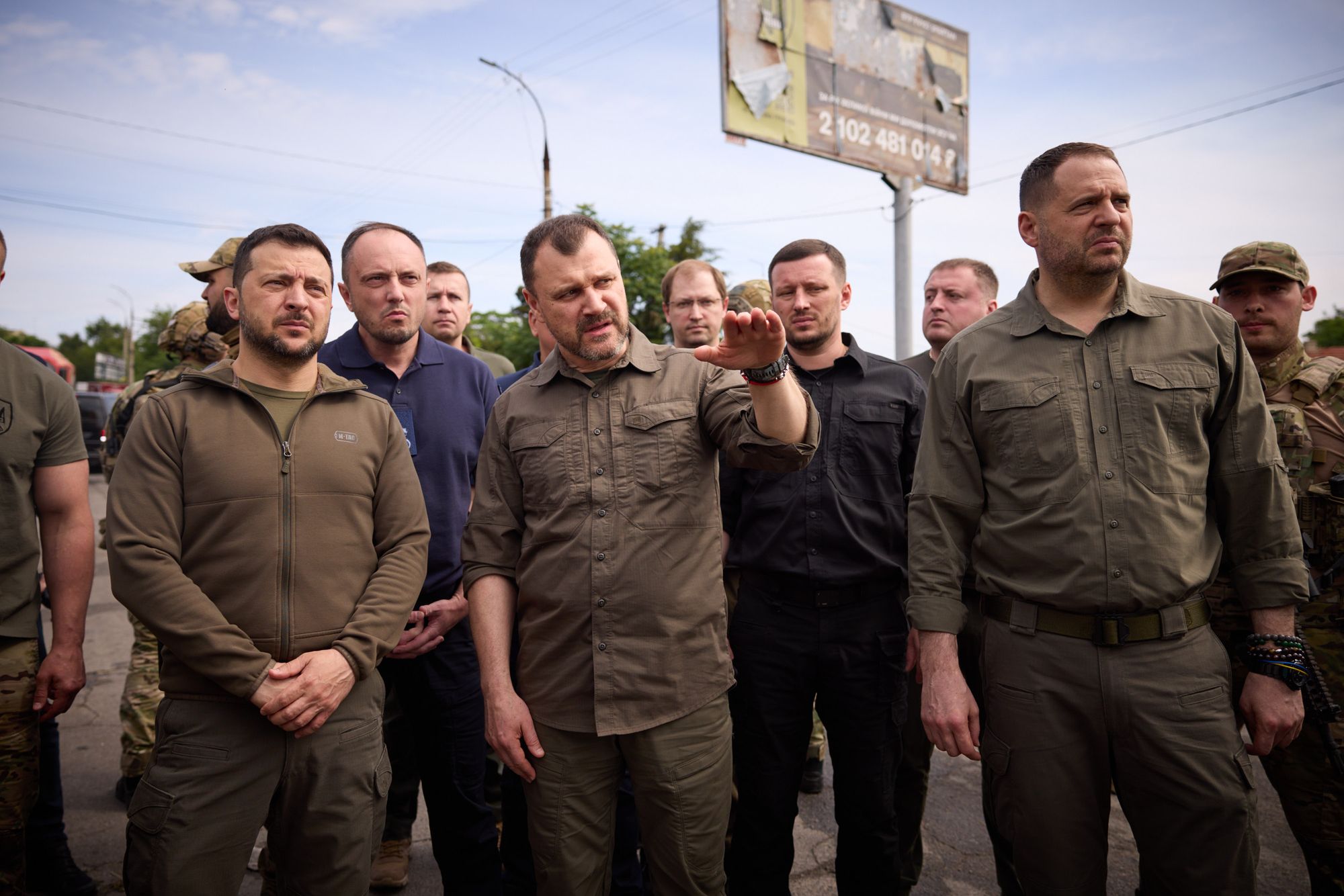ISW: Ukraine's attacks in Zaporizhzhia Oblast don't fully showcase current counteroffensive capabilities.
Ukraine's counteroffensive is anticipated to involve a range of operations of different scales, the Institute for the Study of War said[1] in its latest assessment. This includes localized attacks like the one that took place on June 8 in southeastern Ukraine, south of the city of Zaporizhzhia. Ukraine has launched[2] its long-awaited counteroffensive against Russia on June 8, Western media reported citing unnamed Ukrainian official sources, one of them supposedly close to President Volodymyr Zelensky.
Kyiv's advance south of Zaporizhzhia might prove especially effective since it may sever the land corridor between mainland Russia and occupied Crimea, thus cutting off Russian supply lines. The smaller efforts do not represent the maximum capacity of Ukrainian numbers or effectiveness though, the ISW noted: "Ukraine previously demonstrated the ability to conduct a coordinated and effective offensive operation using multiple mechanized brigades as early as September 2022 during the liberation of Kharkiv Oblast." Ukrainian forces possessed this capability - in terms of both available forces and the capacity to coordinate complex attacks - before the provision of Western kit for offensive brigades and additional training from NATO partners.
Ukraine reportedly formed 12 dedicated counteroffensive brigades, nine equipped with Western kit and three with existing equipment, and these units will almost certainly be joined by experienced Ukrainian units already active. Ukraine appears to have committed "only a portion of the large reserve of forces" available for counteroffensive operations, and observers should avoid counting down reported Ukrainian brigades committed or reportedly damaged Western kit as the measure of the remaining effective combat power of Ukrainian forces, the ISW concluded.
Ukraine war latest: Zelensky visits Kherson Oblast following Kakhovka dam disaster; Russia shells flooded city Key Developments on June 8: * UN agrees to conduct evacuations from flooded Russian-occupied areas * 1 person killed, 10 injured by Russian shelling of Kherson Oblast during evacuation * More economic, environmental consequences of Kakhovka dam disaster revealed * Ukraine repels Russian attacks...
 [3]
[3]  Olena Goncharova
Olena Goncharova
Development manager, Canadian correspondent
Olena Goncharova is a development manager and Canadian correspondent for the Kyiv Independent.
She first joined the Kyiv Post, Ukraine's oldest English-language newspaper, as a staff writer in January 2012 and became the newspaper's Canadian correspondent in June 2018. She is based in Edmonton, Alberta. Olena has a master's degree in publishing and editing from the Institute of Journalism in Taras Shevchenko National University in Kyiv.
Olena was a 2016 Alfred Friendly Press Partners fellow who worked for the Pittsburgh Post-Gazette for six months.
The program is administered by the University of Missouri School of Journalism in Columbia.
References
- ^ said (www.understandingwar.org)
- ^ launched (kyivindependent.com)
- ^ Ukraine war latest: Zelensky visits Kherson Oblast following Kakhovka dam disaster; Russia shells flooded cityKey Developments on June 8: * UN agrees to conduct evacuations from flooded Russian-occupied areas * 1 person killed, 10 injured by Russian shelling of Kherson Oblast during evacuation * More economic, environmental consequences of Kakhovka dam disaster revealed * Ukraine repels Russian attacks... (kyivindependent.com)